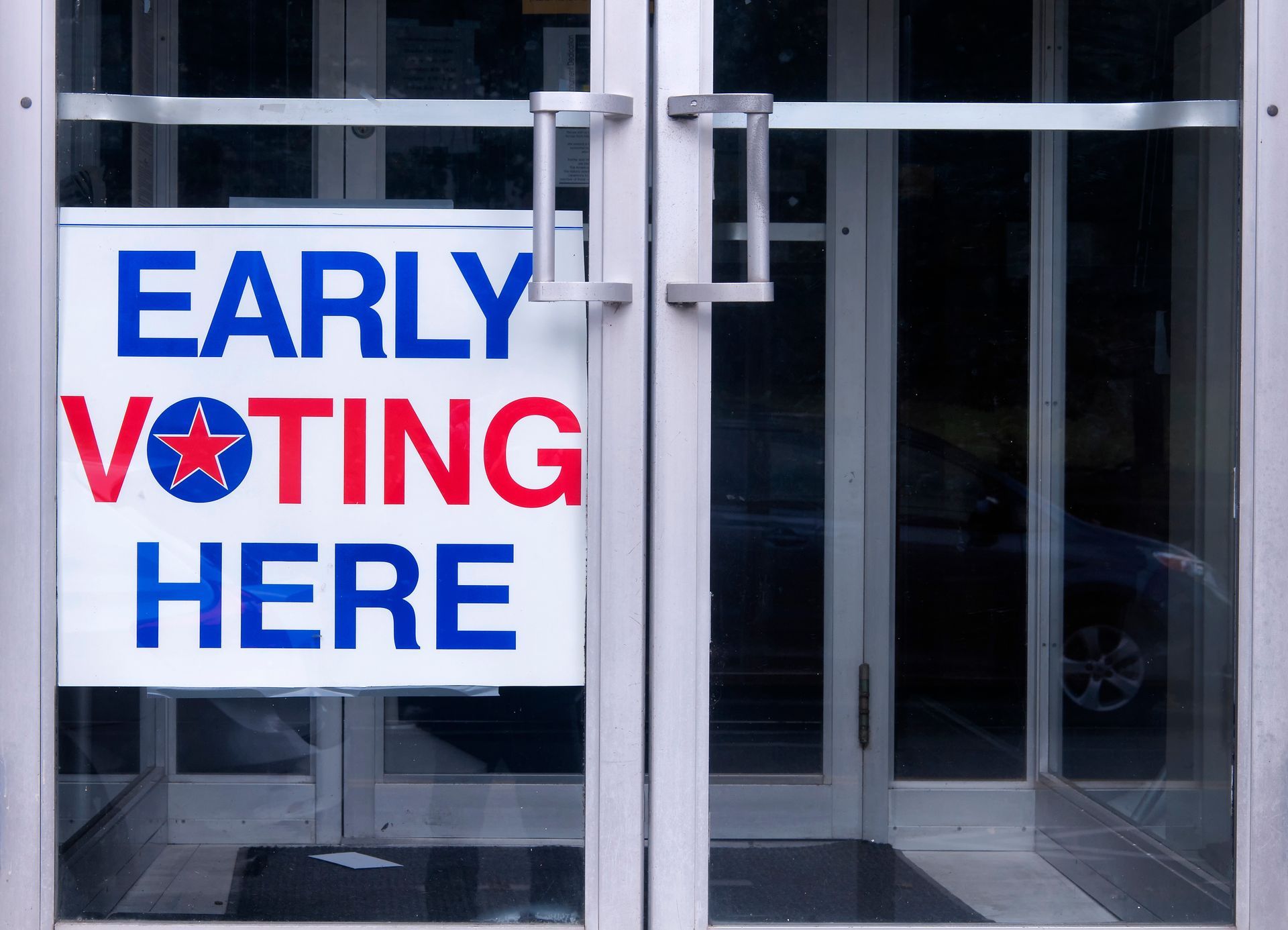Employment discrimination happens when a person or group of people are treated unfairly by their employer due to their race, sex, religion, disability or age. Workplace discrimination certainly seems like the type of thing that should have been safely relegated to the dustbin of history by now. While many Minneapolis–St. Paul workplaces are inclusive, diverse environments, there are still some employers that cling to discriminatory practices.
To counter these occurrences, there are federal and state laws which aim to protect employees and job candidates from unlawful discrimination in the workplace.
If you’re a victim of workplace discrimination, it’s important to know your rights and take legal action if necessary. These anti-discrimination laws can be confusing, which is why you may want to consider consulting with an experienced employment discrimination attorney who can help you navigate through the complexities of your case and negotiate a favorable settlement.
What Does Employee Discrimination Look Like?
Employee discrimination can take many forms. Most employers are aware of anti-discrimination laws and may try to disguise a discriminatory tactic as something else to avoid legal trouble. Some common manifestations of workplace discrimination include:
- Being overlooked for a job promotion despite having proper qualifications and hitting performance milestones
- Treating certain employees less favorably than others
- Making insensitive and derogatory comments based on someone’s appearance or attributes
- Firing someone based on their personal attributes
- Denying someone leave, benefits, compensation or breaks without a valid reason
What Are the Different Types of Workplace Discrimination in Minnesota?
Under the Minnesota Human Rights Act , it is illegal for employers to discriminate against their employees and job candidates based on the following reasons:
- Race and color: Discrimination based on race and color can also affect people who are in relationships or have family of a particular race or color.
- Religion: The law requires employers to make reasonable accommodation for their employees’ religious beliefs and practices as long as it’s not a burden to the employer.
- National origin: It’s forbidden to treat someone unfairly because they come from a specific country, have an accent or are married to someone from a specific country.
- Sex: Stereotyping, discriminating on the basis of pregnancy or potential pregnancy and creating glass ceilings is unlawful in Minnesota.
- Sexual orientation and gender identity: The law prohibits employers from discriminating against people based on their sexual orientation and gender identity (including transgender individuals).
- Disability: Employees should never have to disclose their disabilities, answer disability-related interview questions or have to undergo a medical exam to be eligible for work (keep in mind, this is different from the pre-employment physical exam candidates for some occupations like police officers or healthcare workers are required to undergo).
- Age: Age discrimination doesn’t just affect people aged 40 or older. It’s generally illegal to discriminate against people because of their age, even if they’re young.
What Should You Do if You’re Facing Workplace Discrimination in Minnesota?
If you feel comfortable doing so, consider speaking to the person or people engaging in the discriminatory actions. Point out specific examples and request that they stop. In some instances, this will be enough to make people realize they have crossed the line and must stop the behavior. However, if the discrimination continues, you should file a complaint with your employer’s human resources department. Your employer is legally obligated to investigate your complaint and take proper measures, including terminating employees responsible for the discriminatory actions.
It’s also advisable to keep a journal in which you can document all the discriminatory events that have occurred. Be as specific as possible and include specific dates, times, locations and the names of people who may have witnessed the discrimination.
If your employer is aware of the discrimination but the problem persists, it may be time to reach out to a Minnesota employment lawyer for help. A skilled lawyer can help you gather necessary evidence, communicate with your employer on your behalf, file a discrimination claim with the Minnesota Department of Human Rights and negotiate a fair settlement.
Are You Looking for a Workplace Discrimination Attorney in the Minneapolis–St. Paul Metro Area?
If you have been discriminated against at work or have questions about workplace laws , contact the Minnesota Lawyer Referral and Information Service (MNLRIS). Our referral counselors can help you find the legal assistance you need.
Call (612) 752-6699 to get started.




